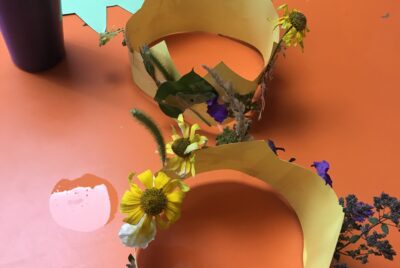RESEARCH
Mental Health and Wellbeing Benefits from a Prisons Horticultural Programme
Summary
This paper discusses the findings of an impact evaluation of a horticultural program called “Greener on the Outside of Prisons” (GOOP), delivered in 12 prisons in North West England. The program aimed to improve prisoner well-being amidst high rates of suicide, self-harm, and poor mental health. The evaluation used quantitative methods, including Green Gym© questionnaires and the Warwick Edinburgh Mental Wellbeing Scale, and qualitative methods involving Biographic-Narrative Interpretive Method interviews.
The results indicated that the horticultural program had a beneficial impact on prisoner participants, particularly on their mental health and well-being. Participants showed increased confidence, improved social interactions with staff and other prisoners, and gained skills, qualifications, and work experience, potentially increasing their chances of post-release employment. While limitations included incomplete follow-up questionnaires and a lack of a comparison group, the study suggests that horticultural work in prisons offers significant “added value” related to mental health.







